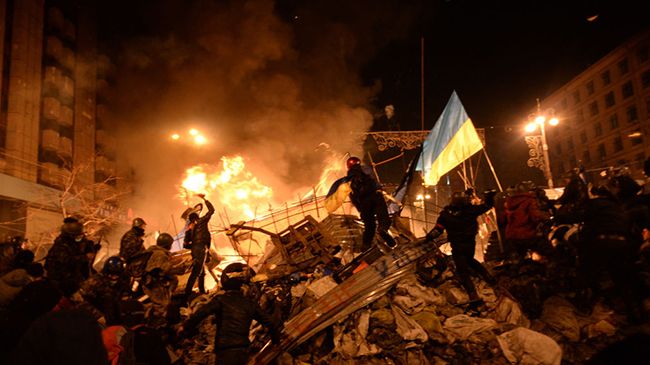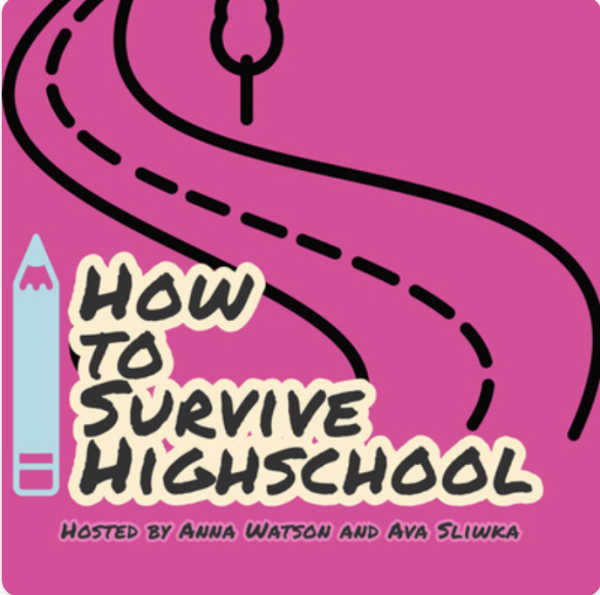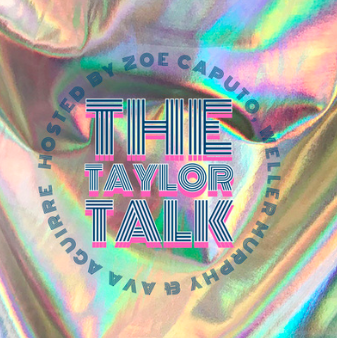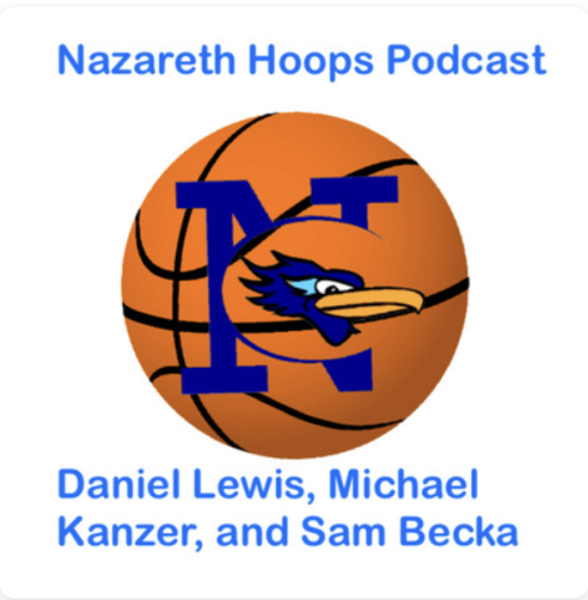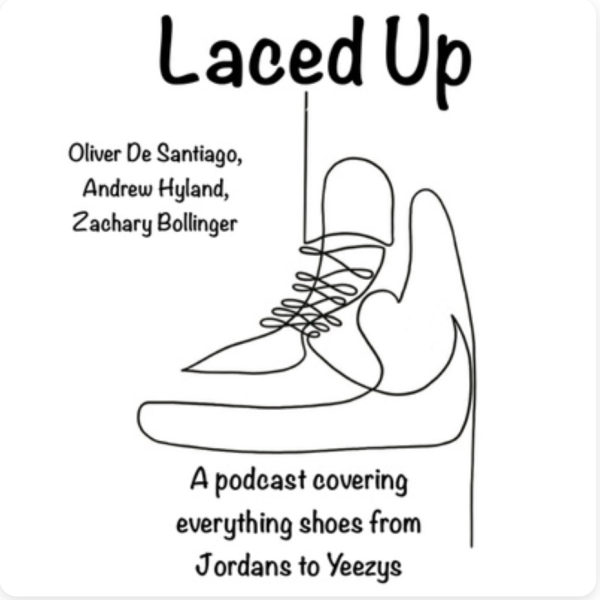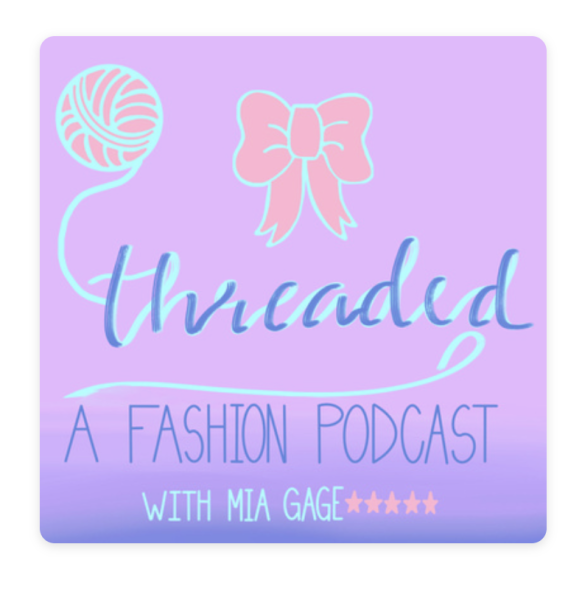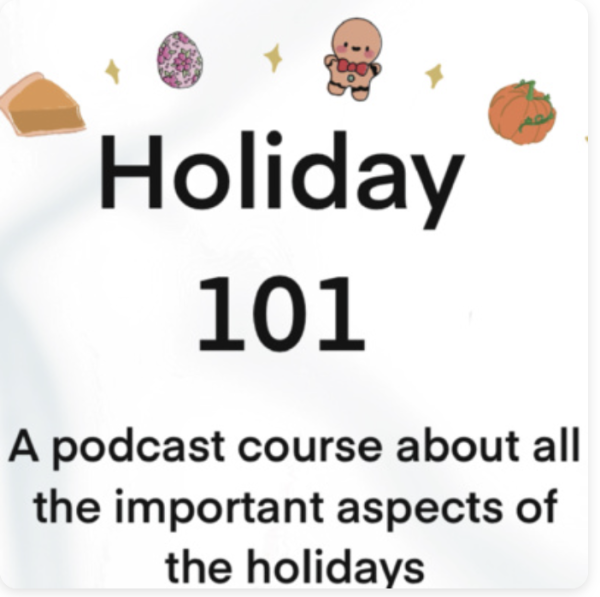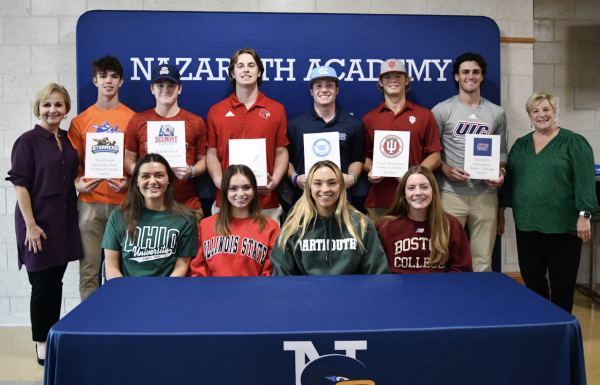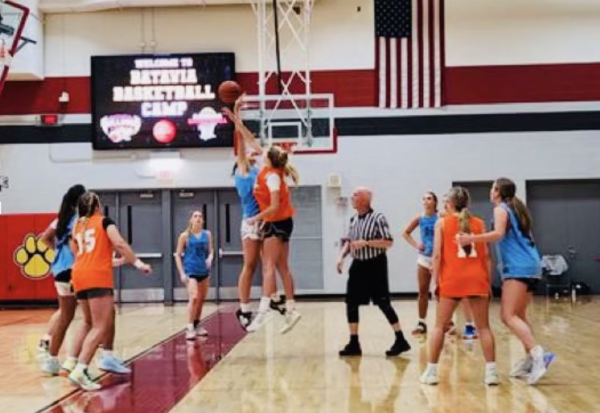The Ukraine Crisis: A Battle of Chess
May 21, 2014
Truly, it is just a battle of chess. Russian President Vladimir Putin and the West are engaged in a battle of wits, exploiting inconvenienced Eastern Ukraine as a game board. It is a match most cannot understand; yet, cannot look away from, in fear of missing a crucial move. The only unanswered question is left to the open palms of political leaders: who will declare ‘checkmate’ first?
During the course of the last few weeks, the United States and other European countries have demanded that Russia scale back their troops in Ukraine’s Southern region of Crimea. Putin, however, stands determinedly behind his actions, ignoring the Western world’s urging.
According to CNN World, Russia’s reasoning for occupying a foreign country’s soil without being invited is so that their military presence is able to protect the human rights of the “worried, vulnerable” Russian speakers inhabiting Poland. On the contrary, the U.S. flatly refutes Russia’s conclusion, accusing Russia of violating international law.
Unfortunately for Ukraine, in February of 2014, a revolution took place after a series of violent events in it’s capital of Kiev which ended with the installation of an interim government until the holding of impromptu elections, hopefully within the following months. The cause of this civil strife was due to corruption, a lack of economic growth, and an inability to establish funding from public markets.
In an attempt to revive Ukraine’s economy, then-Ukraine President Viktor Yanukovych denied an opportunity to sign with the European Union and end all ties with Russia while, instead, signed a treaty with Russia that generated anger among Ukraine’s citizens. Now the revolution having ended, Russia seized the opportunity to annex parts of Ukraine into Russia with relative ease due to an new, unstable government.
Beginning with a tense stand off involving armed Russian soldiers in Crimea, the conflict escalated to the point of proposing a referendum to the Ukrainian people: whether to allow Russia to annex Crimea or deny Putin’s request. It was an unforeseen outcome; the voting numbers gave a big win for Russia that day.
According to NBC News, Western leaders and the new regime in Kiev are rejecting this move, calling it a “scam” and “an illegal land grab.”
On Friday May 9, Putin visited annexed Crimea, extolling its return in front of tens of thousands of people. According to US News, although NATO and Ukraine quickly condemned his presence as, “trampling on Ukraine sovereignty”, these empty threats did not put a damper on his enthusiasm; he was reported as hailing the new incorporation as, “returning[ing] to the motherland” and a wonderful tribute to the “historical justice and memory of our [Russian] ancestors.”
Theories that explain Putin’s motivation differ. Some simply think that Putin is overplaying his hand and that he is power and land hungry. Others may concur but argue in their reasoning, calling his actions individual levels which lead to a well-devised plan. Analysts suggest that Putin desires to recreate a new ‘Soviet Union’–one empowered by a string of countries at Russia’s disposal with the goal of boosting Russia’s geopolitical standing.
If this proves to be true, other neighboring countries with a substantial Russian population are under a looming possibility of following Crimea’s annexation, regardless of their decision to acquiesce or not. Russia’s foreign policy is now without limitations or constraints, similar to that of an empire.
According to CNN, Washington is arranging sanctions against Russia which hold the power to interpose inconvenience onto major Russian companies and public officials. In addition, the U.S. has stopped trade and military engagements as a subtle act of defiance; yet, in a peaceful manner.
Encouraging peace, Secretary of State John Kerry reinforces, “The last thing anybody wants is a military option in this kind of situation,” referring to the Cold War nuclear standstill. Avoiding direct confrontation and focusing on de-escalating the situation, rather than offensively provoking Russia, is the response the U.S. has decided to stand behind.
The Republic of Crimea, officially, although the amount of corruption involved is unknown, is apart of Russia. Ukraine interim Prime Minister Arseniy Yatsenyuk tried to resist Russia’s military pressure but failed to save Crimea. To complicate matters further, on Monday May 12, Pro-Moscow (Pro-Russian, Pro-Separatists) insurgent leaders in Eastern Ukraine appealed to Russia so that their region might become annexed as well, after hastily arranging their own referendum on Sunday May 11. Pro-Moscow separatists have also violently seized government buildings and clashed with government forces during the past month.
One of the two provinces where it was held, Donetsk, declared their state independent and appealed to the Russian Federation for acceptance. Donetsk and the other province, Luhansk, home 6.5 million people and represent a third of Ukraine’s population. This huge independent declaration is the largest Europe has seen since Yugoslavia, Czechoslovakia and the Soviet Union broke up.
In reality, Western leaders in addition to the Kiev government say, “The exercise was absurd, with no legal basis, insecure polling stations, old voting lists, and a fear of rebel gunmen and ballots that can easily be reproduced”, exaggerated the amount of people in favor of succession.
A recent poll by Pew Research Center found that 70% of Eastern Ukraine did not want to secede. So is Eastern Ukraine run by Pro-Moscow rebels (‘terrorists’), out of fear and violence? Yes.
Russia, a key exporter of oil and natural gas, has raised the price of oil due to it’s standoff in Ukraine as well as Ukraine’s exports of corn and wheat being slowed and prices enflamed. Even from across the world, everyone is affected by this crisis, even here at Naz.
Mr. Gonzalez explainded, “What our students found fascinating is Putin’s role [in this crisis]. In CWI class we discussed the true motivation of Putin. Is he multidimensional? Is there more Soviet Union than Russia [in him]? Traces of times past can be seen in his actions.”
Mr. Weijman chimed in, pointing out that “Putin only took action after the Olympics. Very peculiar. This puts his motives in question.”
Mr. Gonzalez continued, stating “Waiting [to be] on the world’s stage shows his weakness. He is trying to save and preserve Russia’s downfall.”
Several people are left questioning what exactly will happen and how events will unfold. Mr. Wejman expressed these questions asking, “What will the world do? Will there be troops on the ground?… Compared to Hitler, what is his [Putin’s] large scale game?”
Mr. Gonzalez similarly stated, “Putin controls many aspects of its country including expanding his own term and broadening his foreign policy. Is this all he will do? Will he [ever] be satisfied and stop?”
Many are disheveled by a dark country filled with civil strife, where brother versus brother instills fear into innocent Ukrainian citizens. Destruction and chaos is the backdrop to their everyday lives. On May 25, 2014, election day, they will be holding their breath, hoping their new government officials will be strong and have a voice, so that they may be released from their duty as a pawn in a chess game.

